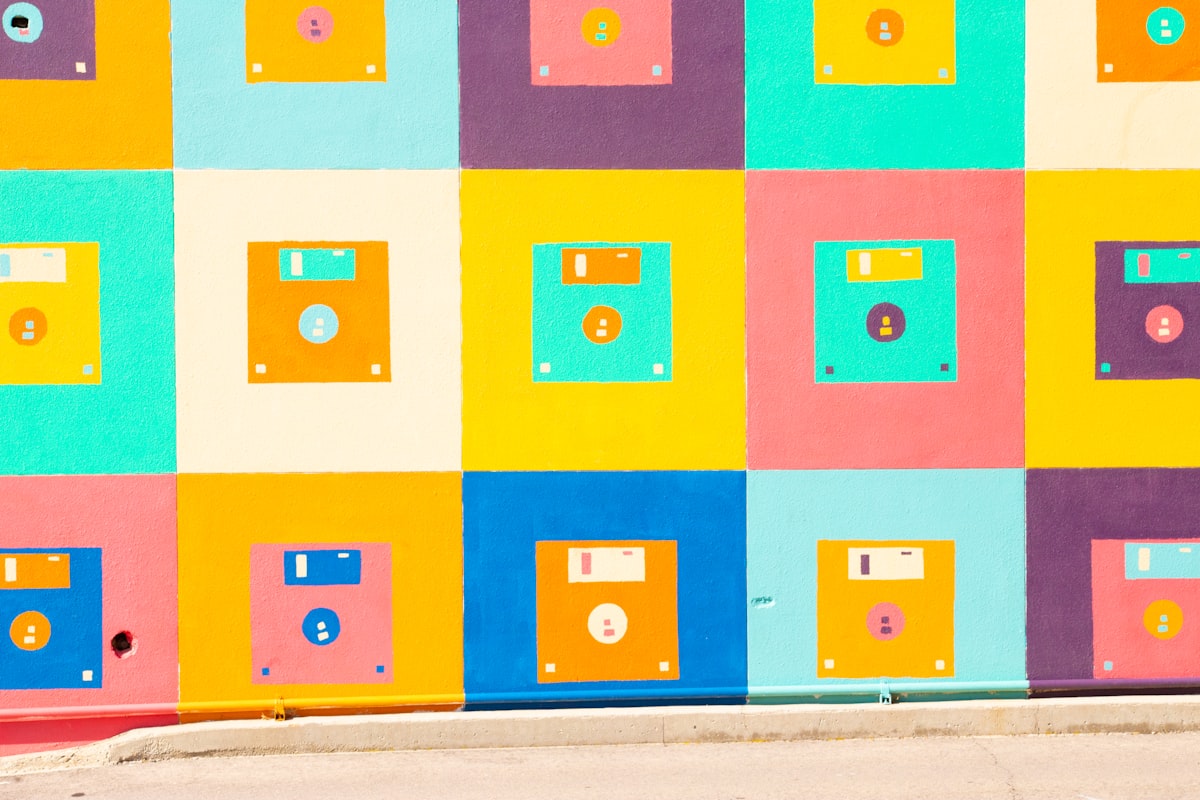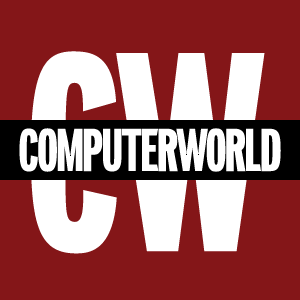Tardigrade vs. Zombie technologies

To end the week, I'd like to share an interesting find about a legacy technology that still survives against all odds. The mighty floppy disk!
As much as I would like to think it's now a kind of exotic oddity used by hobbyists and retrogamers, it's a bit more complicated than that. Many industries still have IT systems and machines from decades ago that use floppies (or at least 3"5 disks) as the default storage mode. At the center of all this is the last man standing producing limited quantities each year of the different formats.
However, my biggest customers — and the place where most of the money comes from — are the industrial users. These are people who use floppy disks as a way to get information in and out of a machine. Imagine it’s 1990, and you’re building a big industrial machine of one kind or another. You design it to last 50 years and you’d want to use the best technology available. At the time this was a 3.5-inch floppy disk. Take the airline industry for example. Probably half of the air fleet in the world today is more than 20 years old and still uses floppy disks in some of the avionics. That’s a huge consumer. There’s also medical equipment, which requires floppy disks to get the information in and out of medical devices. The biggest customer of all is probably the embroidery business though. Thousands and thousands of machines that use floppy disks were made for this, and they still use these. There are even some industrial companies that still use Sony Mavica cameras to take photographs.
The information you didn't want to have today?
Airlines are still using floppy disks 😱
Technical debt and legacy technologies
Beyond the anecdote, what is interesting is that as much we talk about smart cities, big data – and now what... the metaverse? So much of critical worldwide infrastructure depends on legacy technologies that should have been obsoleted decades ago.
Another poster child of unresolved technical debt is the New York City metro system, which relies primarily on mechanical switches and bad wiring. Some machines regulating trains' spacing date from 1930 (😱😱).
COBOL is the last well-known example of ancient technologies still surviving against the laws of progress. The "COmmon Business-Oriented Language" created in 1960 has been so good at its job that it's still widely used. COBOL is still commonly used in administrations worldwide, banks, and large industries where some mainframe computers still process large batches of transactions in COBOL.

The issue with that? Programmers knowing the language have been retiring for decades and have never really been replaced. And when 2020 unemployment exploded in the U.S. after COVID hit, most states' unemployment systems running on COBOL couldn't keep up.
Resilient technology?
I could go on with so many terrifying other examples (don't get me started on Windows XP – if you know, you know), but there's another side to these stories of zombie technologies. Some old technologies are not dated and inefficient; they are as simple as they need to be.
Like a tardigrade technology, the venerable bar code patented back in 1951 is incapable of dying and keeps on trucking worldwide where boxes, parcels, and containers are used. In 1994, he branched out with its two-dimensional cousin, the QR code. Like the bicycle, they are solutions that are just too good at their job to be improved upon.
I wrote this summer about the Dutch "doe normal" mindset about tech and how high concepts like Mobility as a Service are rendered useless when you already have good enough technology accessible all around.
Looking forward, I hope we will have more nuanced conversations about technologies and accept that while some legacy technologies need to be killed appropriately, others should be kept as simple as possible.
So much of our future will be about dealing with resilience more than blind faith in progress. Shouldn't we get started?



